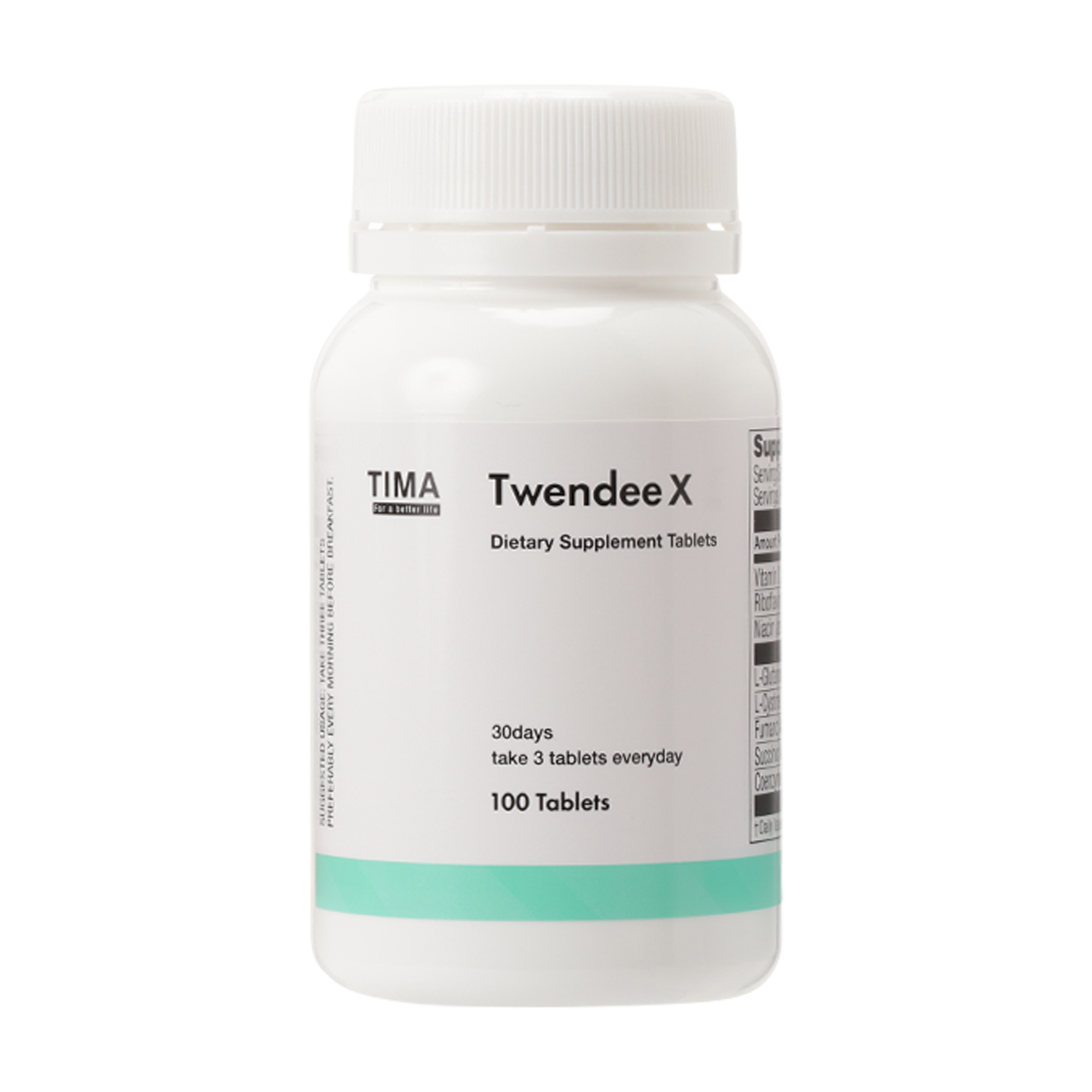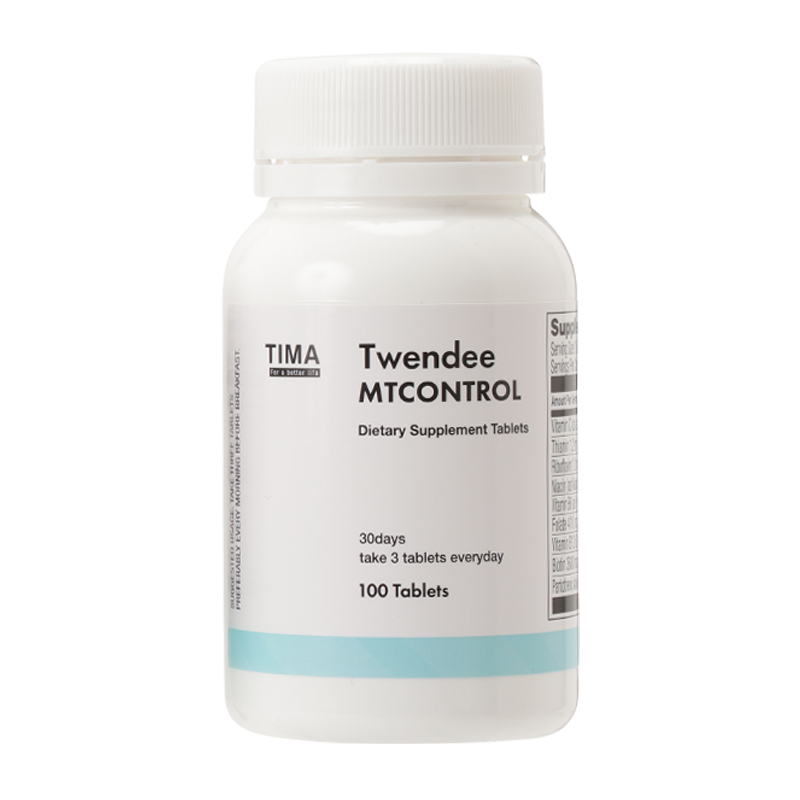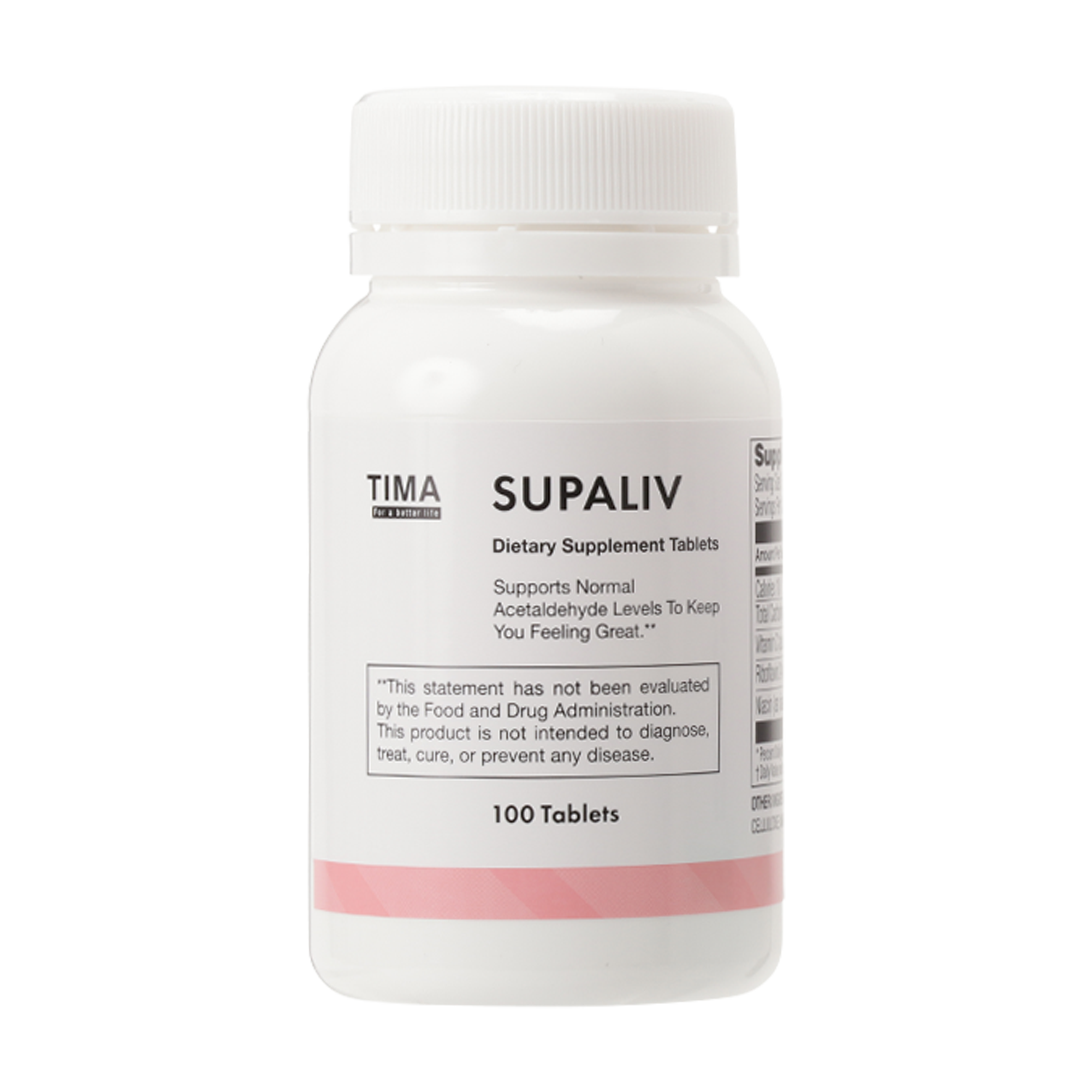Thesis on Oxidative Stress and "heart failure"
- Paper title
- A relative deficit in antioxidant reserve may contribute in cardiac failure.
- Abstract summary
- Increased antioxidant capacity has been reported to be more resistant to in vivo and in vitro oxidative stress.
- Authors
- P. Singal, L. Kirshenbaum
- Journal
- Canadian Journal of Cardiology
- Semantic Scholar URL
- https://semanticscholar.org/paper/f5a80d5a835071842d3cb59b2bf327c3c00624a1
- Abstract
-
Antioxidant enzyme activities, including superoxide dismutase, glutathione peroxidase and catalase, are known to be altered under various physiological and pathophysiological conditions. There is a significant increase in some of these activities in the myocardium during stable hyperfunctional heart hypertrophy subsequent to pressure overload, as well as after exercise training in rats. Hearts with increased antioxidant capacity have been reported to be more resistant to in vivo and in vitro oxidative stress. On the other hand, cardiomyopathy and heart failure under a variety of conditions are accompanied by increased free radicals and lipid peroxidation. These data lead to the hypothesis that maintained or improved function during compensated heart hypertrophy may be supported by an increased antioxidant capacity, and a relative deficit in this ‘antioxidant reserve’ may contribute in the decompensated state.








